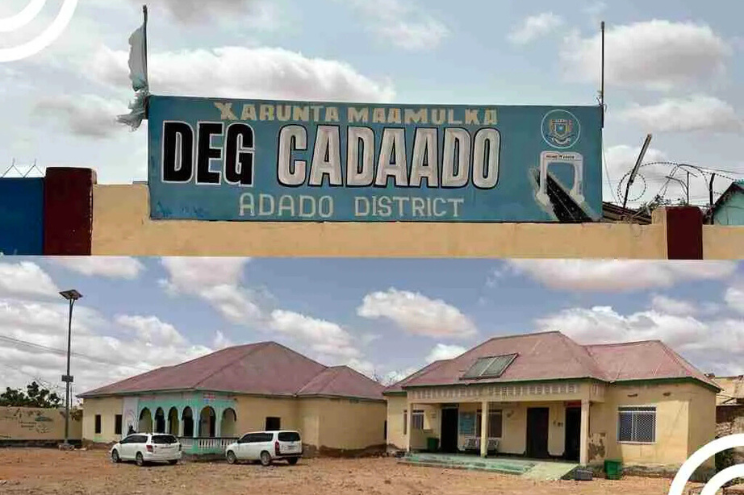
Challenges and Prospects of Local Revenue Generation in Adaado District
Revenue Generation in Adaado is Operational but Limited: Out of

Revenue Generation in Adaado is Operational but Limited: Out of
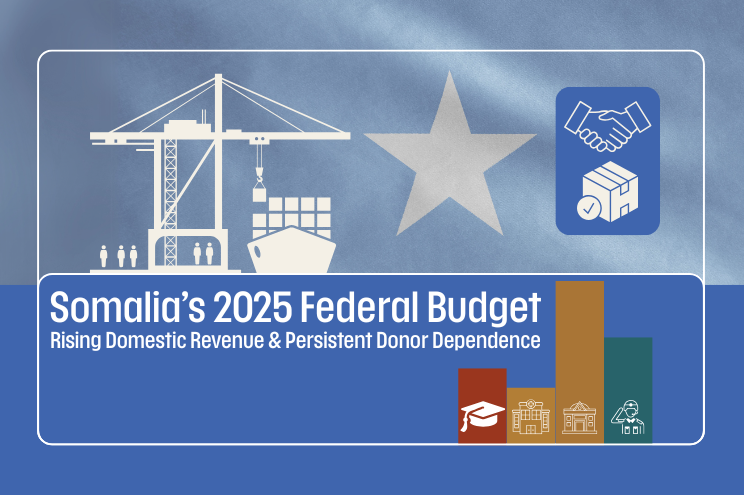
Somalia’s 2025 federal budget increased to $1.32 billion, with 67%

Jowhar’s local government faces significant challenges in revenue collection

After years of conflict and instability, Somalia is entering a
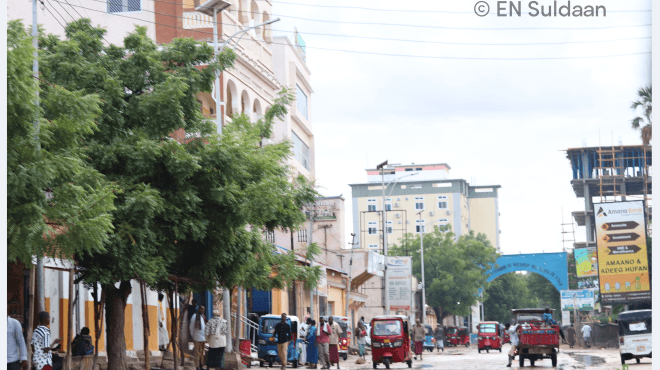
Residents in Beledweyne have been suffering
from insecurity in
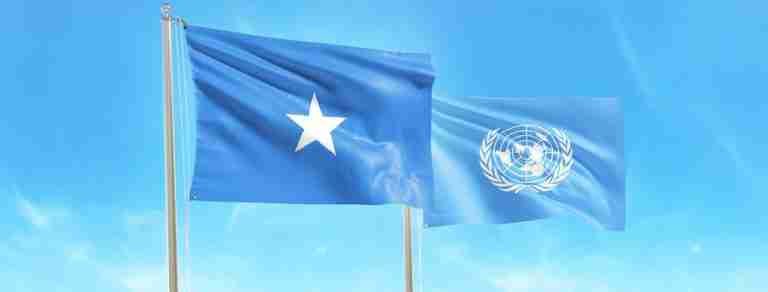
This governance brief analyses the FGS’s demand to liquidate the
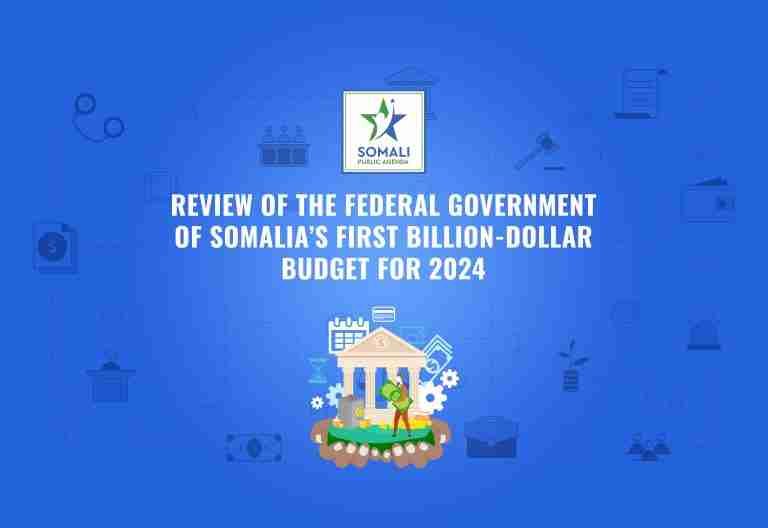
This brief analyzes the 2024 federal budget and its main
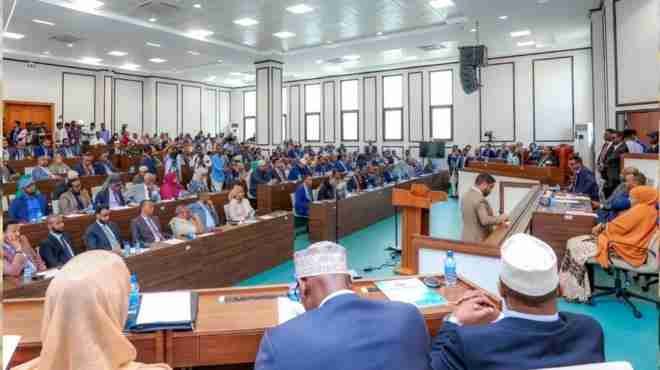
This brief analyses the Adoption Procedure for the Constitutional Amendment

In this brief, we report the results of a survey
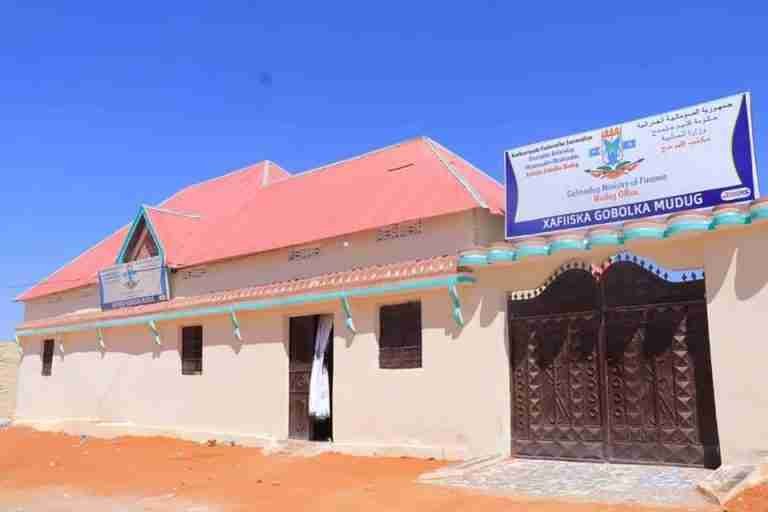
Decentralization has been emerging as a policy issue in Somalia
Somali Public Agenda is a non-profit public policy and administration research organization based in Mogadishu. Its aim is to advance understanding and improvement of public administration and public services in Somalia through evidence-based research and analysis.
Stay updated on governance and public services in Somalia!